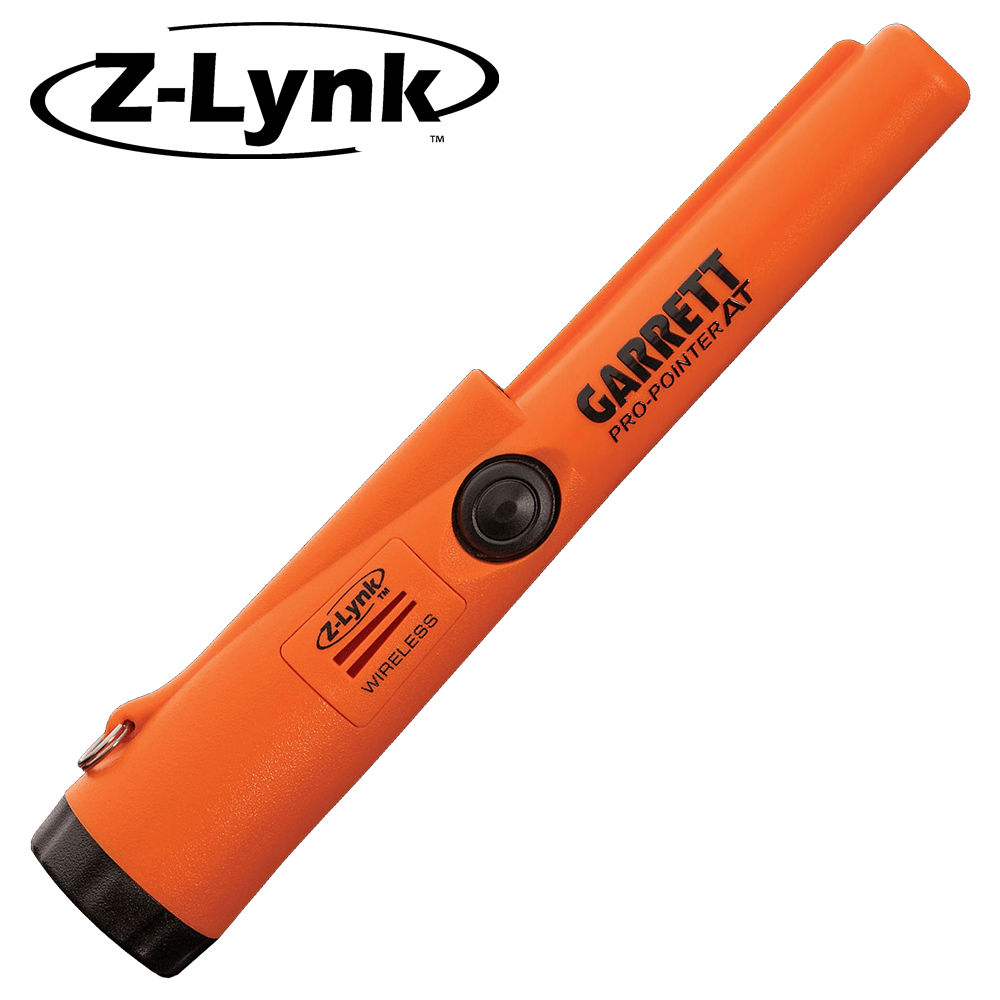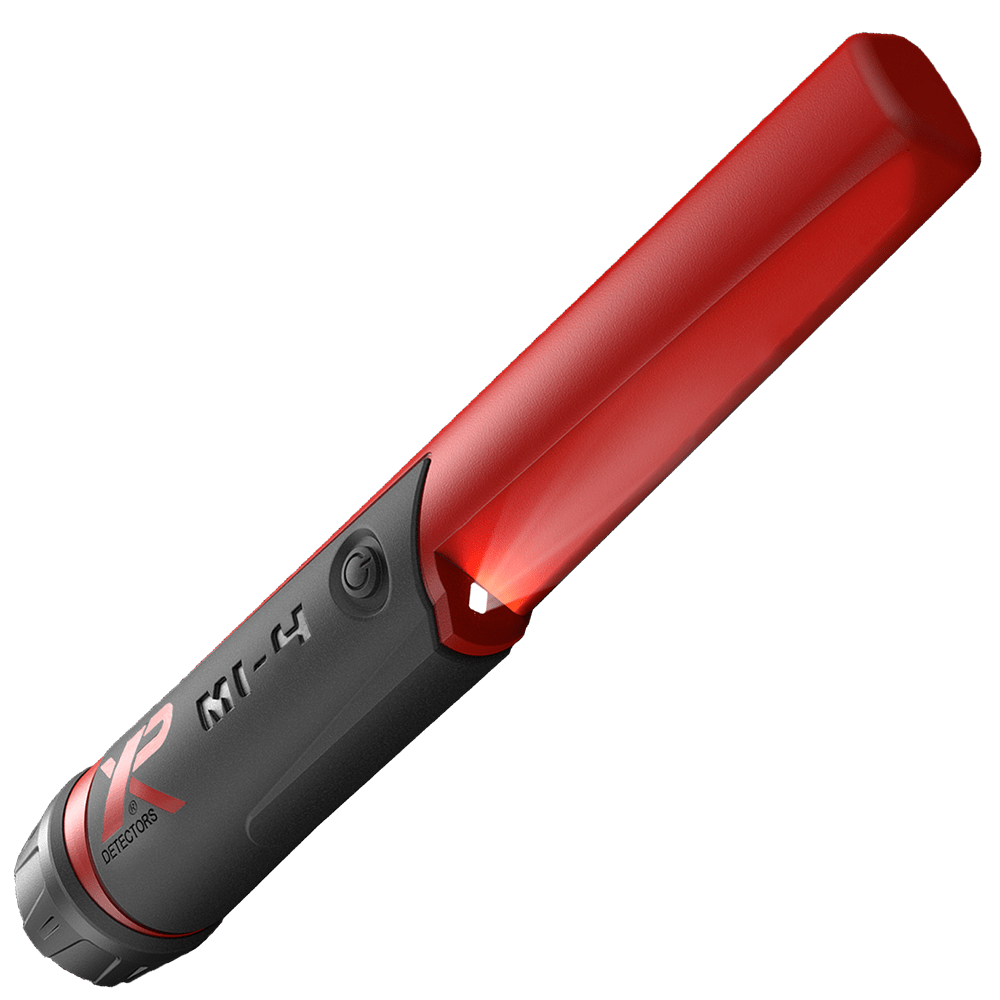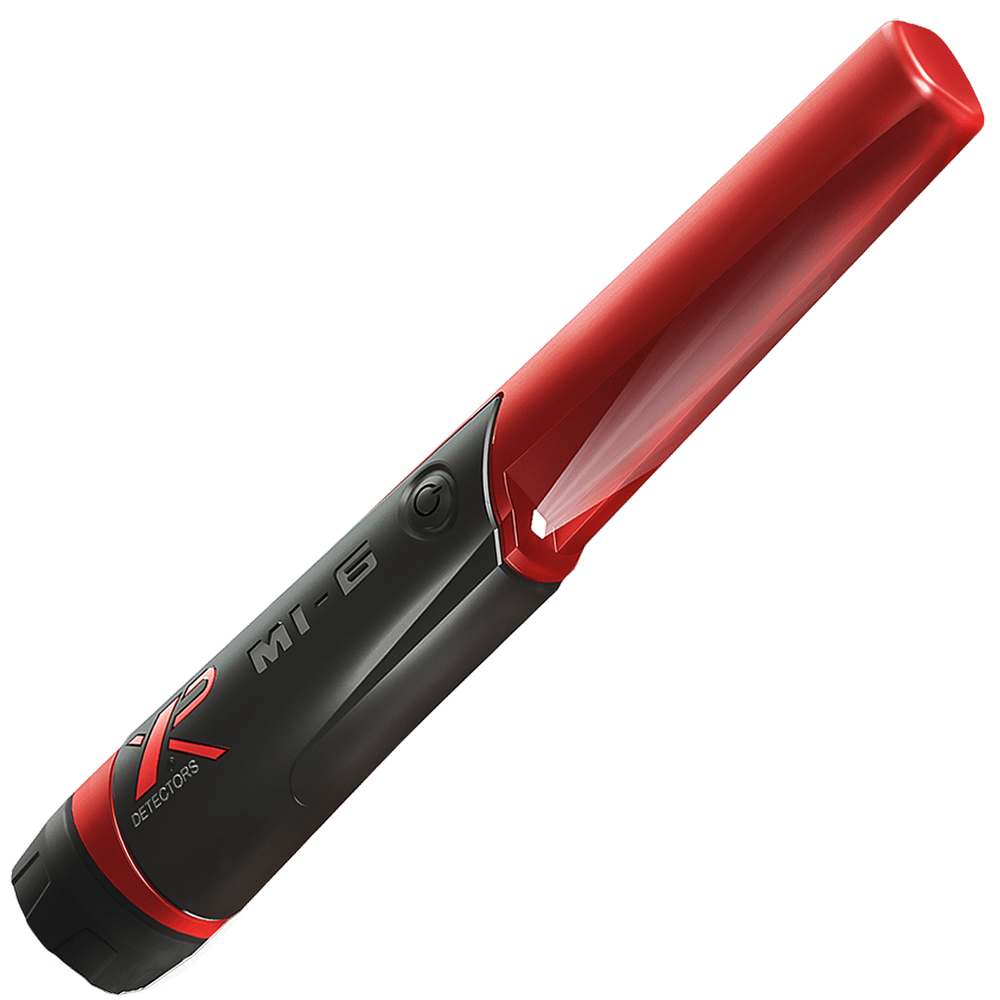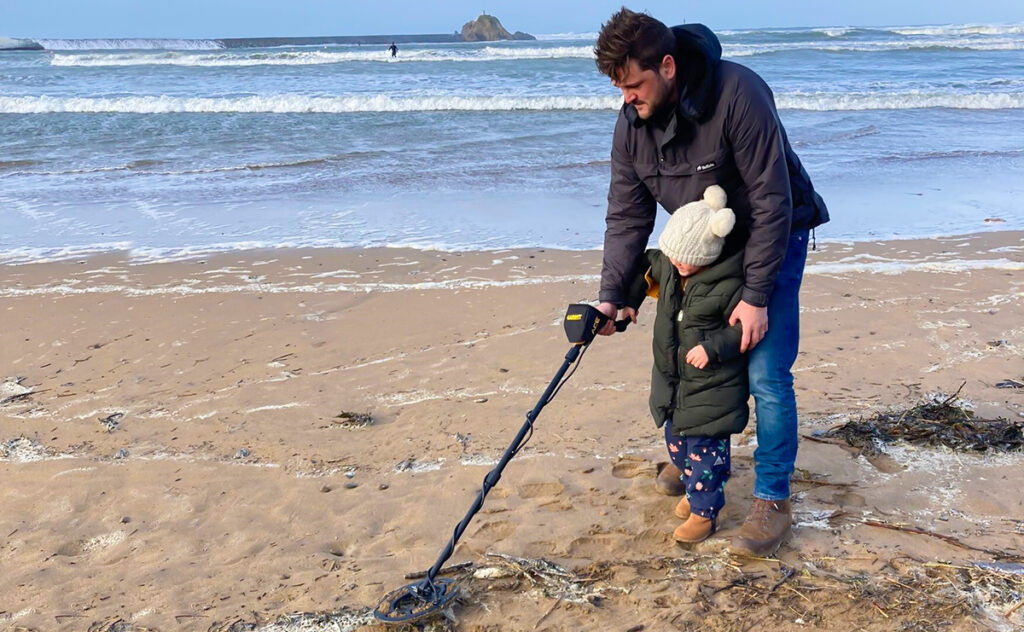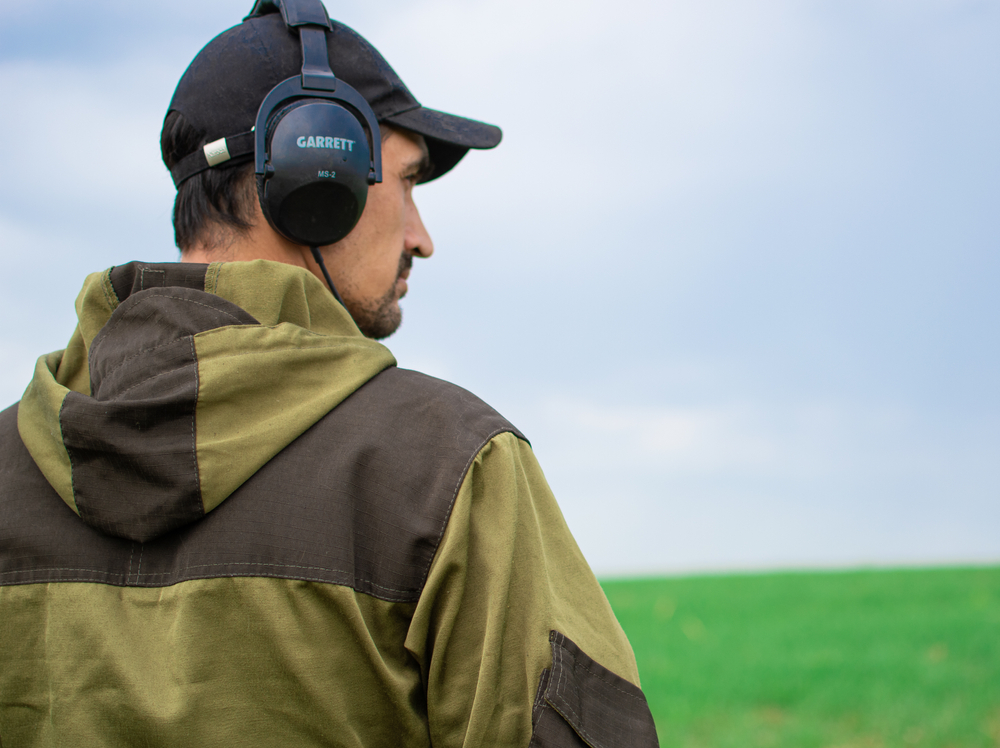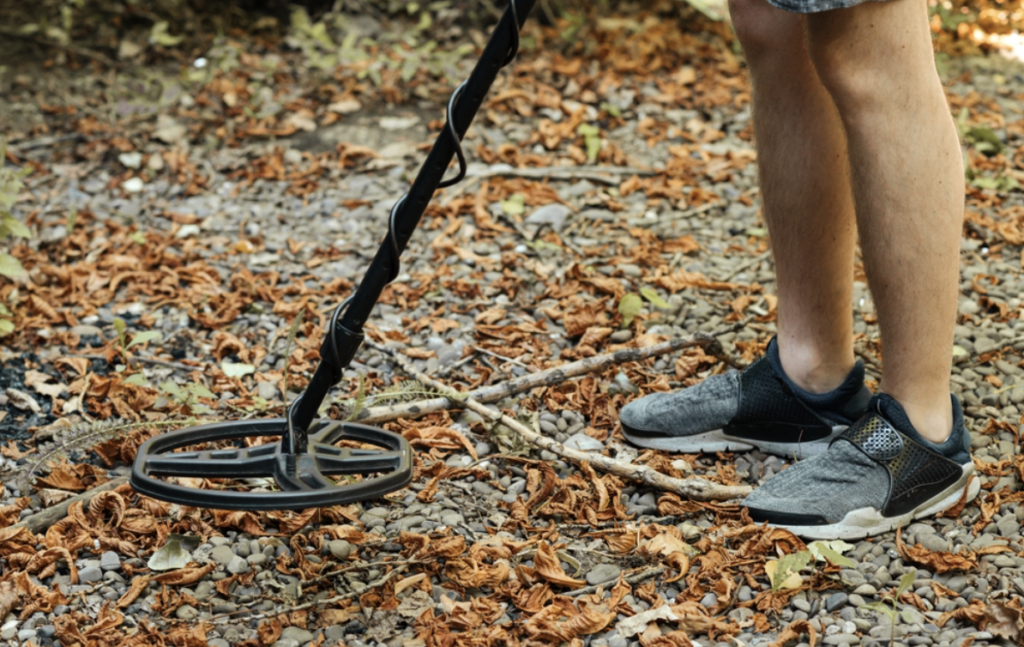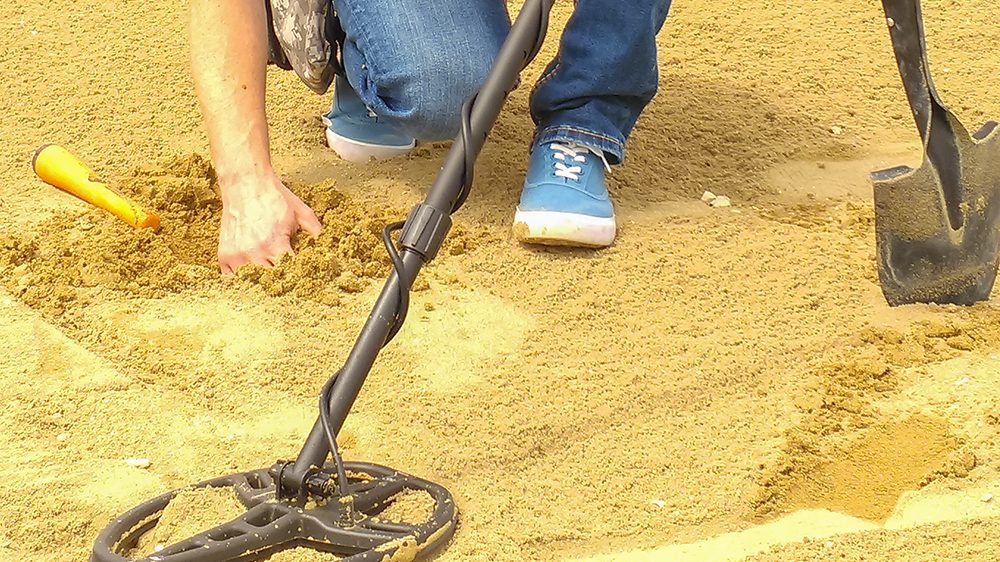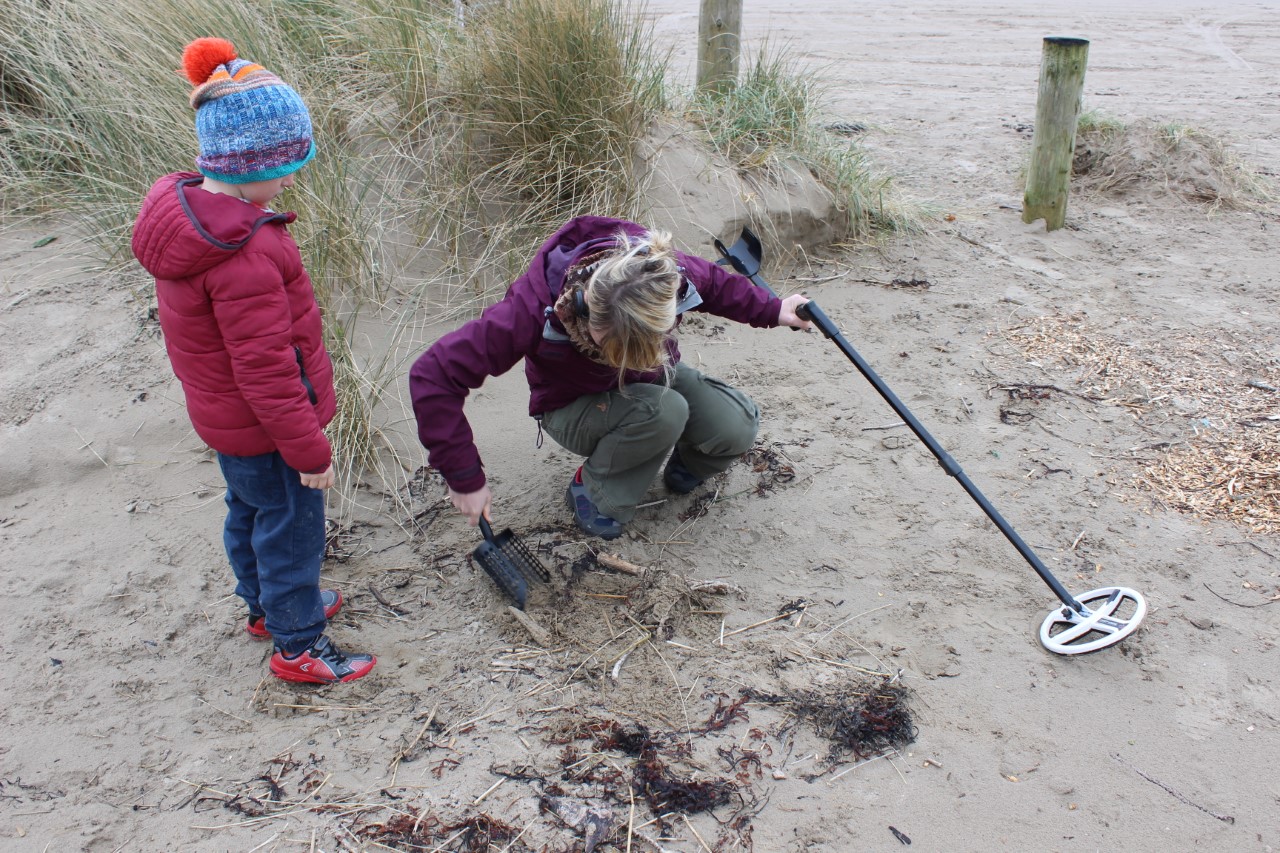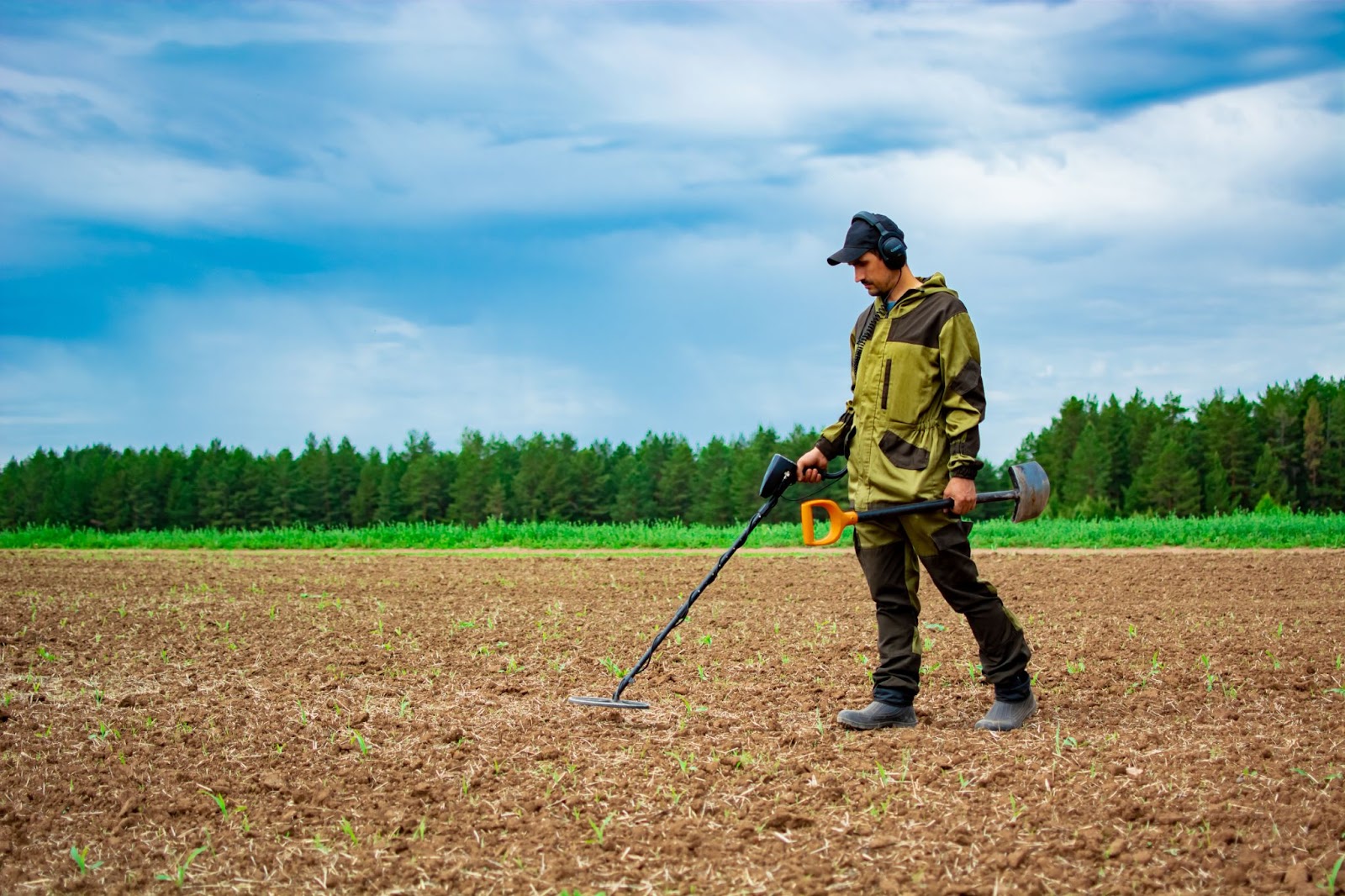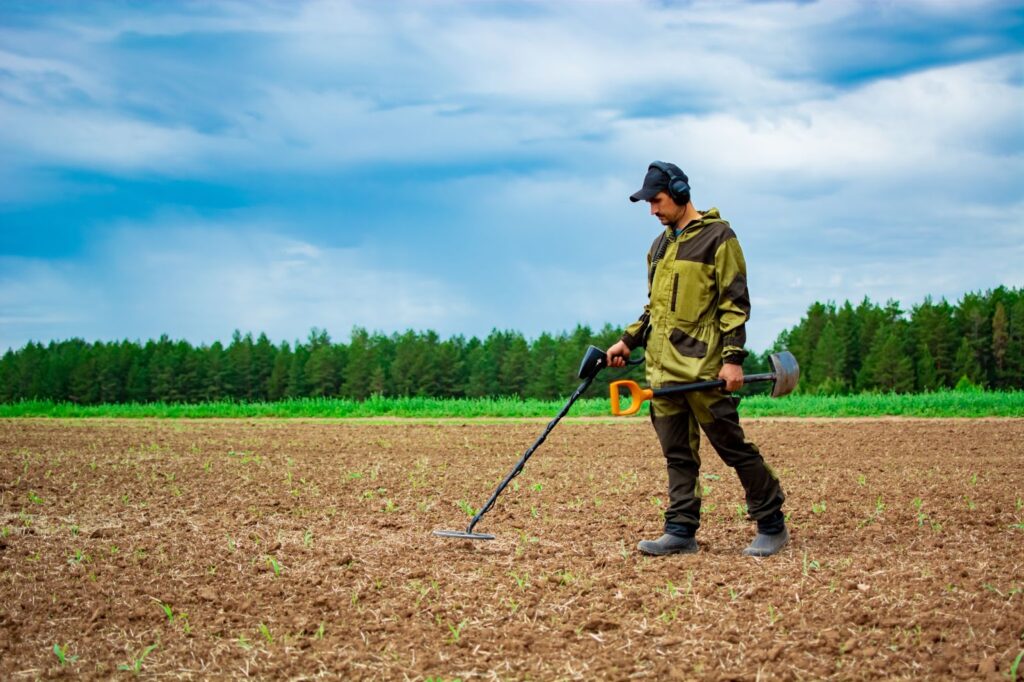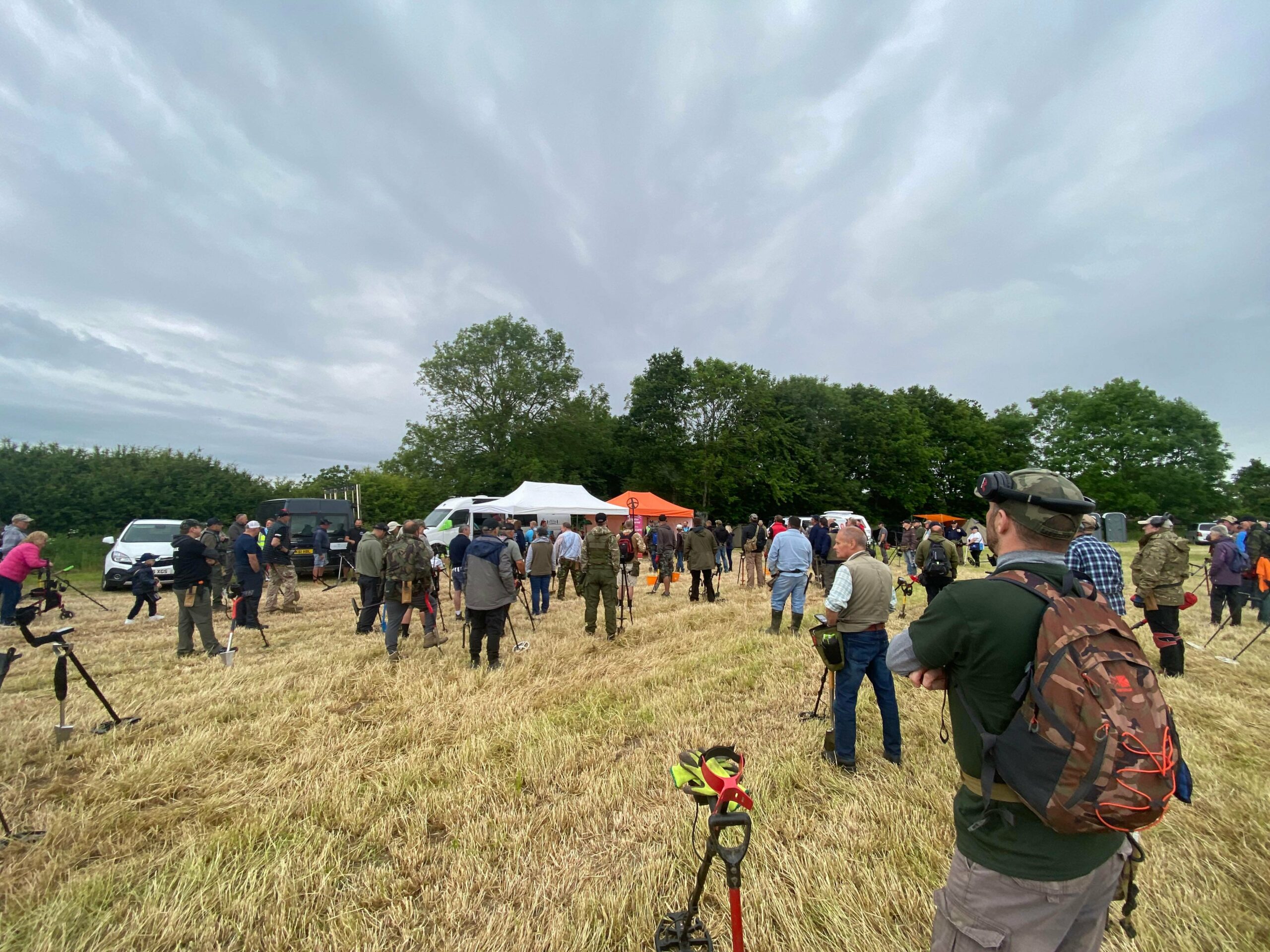Metal detecting is a popular hobby for detector users and history enthusiasts alike. Whether you’re searching for artefacts, coins or precious metals, having the right tools can really enhance your success. One tool that has revolutionised the metal detector experience is the pinpoint probe. In this article, we will explore what pinpointers are and discuss why they are essential tools for any serious metal detectorist.
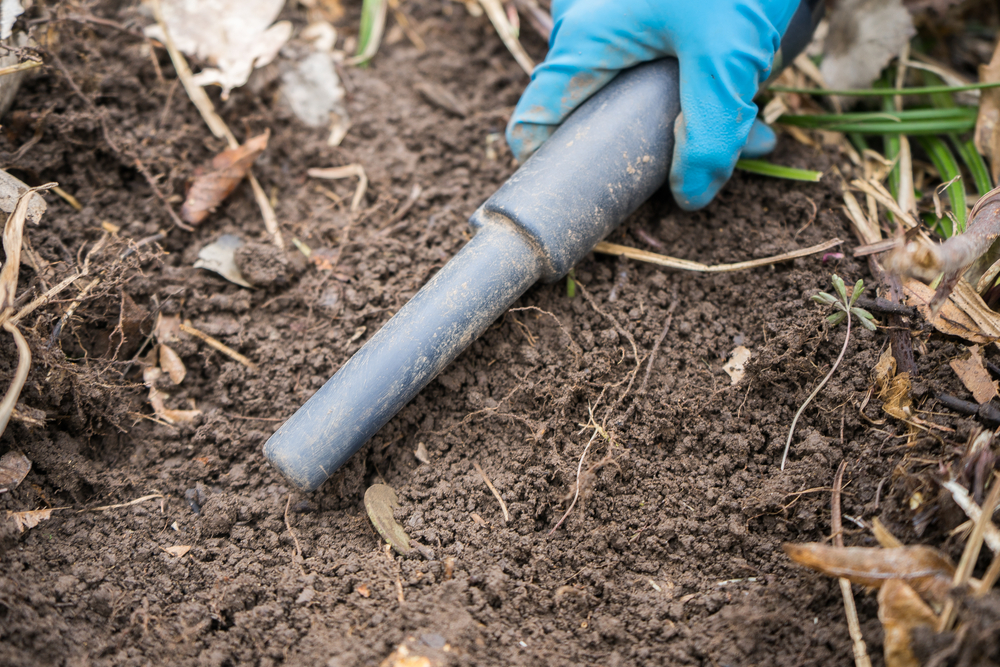
Pinpointers: What Are They?
A pinpointer is a miniature handheld electronic device specifically designed to assist metal detectorists in locating buried targets with greater accuracy. While metal detectors are excellent for scanning larger areas, they lack the precision required to pinpoint the exact location of a target. This is where pinpointers come into play.
Unlike a full-size metal detector, pinpointers are compact and highly sensitive. They’re mostly operated by a single button and emit audio or vibration signals when they detect a metal target. Good probes also increase in intensity as you get closer to the target this narrowing down a search area, a pinpointer significantly reduces the time and effort required to recover a buried item.
Why Do You Need A Pinpointer?
Increased Precision
One of the primary reasons to invest in a pinpointer is its ability to provide precise target location. Once your metal detector alerts you to a target you can use the ‘onboard’ pinpoint feature to narrow down where to dig the initial hole. After you have removed a plug you can then use the pinpoint probe to hone in on a specific spot, allowing for more accurate digging. This precision saves time and minimises the risk of damaging valuable items during the uncovering process.
Enhanced Target Recovery
You only need to use the pinpoint probe if the target is still in the hole (deeper maybe or the target may be on adge in the side of the hole, both of which can cause you to dig either not enough or to one side of the true location.
Features
A pinpointer offers several features that aid in the retrieval of buried targets. Many models are equipped with a built-in LED light, enabling you to see clearly in dimly lit areas, the LED also confirms the probe is switched on if it’s in silent mode of operation, some allow silent use but still vibrate in the hand. Additionally, some pinpointers are waterproof, allowing you to search in shallow water or wet environments such as wet grass, waterproofing especially is important in our British climate. Some probes are rechargeable, other run off a single PP3 9v battery with months of battery life. Lastly you can adjust sensitivity whilst down the hole with some better probes, very useful when you have a large target to pinpoint.
Improving Efficiency
The above features improve your overall success rate, expand your metal detecting opportunities & most importantly increase your efficiency at recovering targets, less time faffing around chasing the illusive target leaving more time detecting the next one.
Versatility
Pinpointers are lightweight and portable, making them easy to carry and handle when detecting. They can be used in conjunction with any type of metal detector, regardless of the brand or model, some even interact with your detector so only you hear the sound through your wirelsss phones and will also turn off the detectors coil so that you don’t suffer interference between detector & probe. With their compact size, you can easily store a pinpointer in your pocket or pouch without adding significant bulk, most probes come with a convenient pouch.
Fakes
Watch out for fakes that abound on well known websites, some come in exact copies of manufacturers packaging including instructions & cheekily a fake warranty form, you can’t & won’t be able to tell until it’s too late, when have yet to see a good one. Also be wary of the ‘good value for money’ probe with every feature under the sun (most of which you don’t need). If you are not sure please phone us, Nigel did the BBC Fake Britain program a few years ago on fake probes, we can advise.
Detect Clever!
In the world of metal detecting, a pinpointer is an indispensable tool that greatly enhances your treasure hunting experience & efficiency. Its ability to pinpoint the exact location of buried metal targets with precision. Their features make them a ‘must have’ accessory for metal detecting enthusiasts.
Regton stock a range of pinpointers for your days out. Find out more about the range of metal detectors we stock here.
-
Garrett Wireless Z-Lynk Pro-Pointer AT
£153.95. -
XP MI-4 Pinpointer
£115.00. -
XP MI-6 wireless Pinpointer
£149.00.
